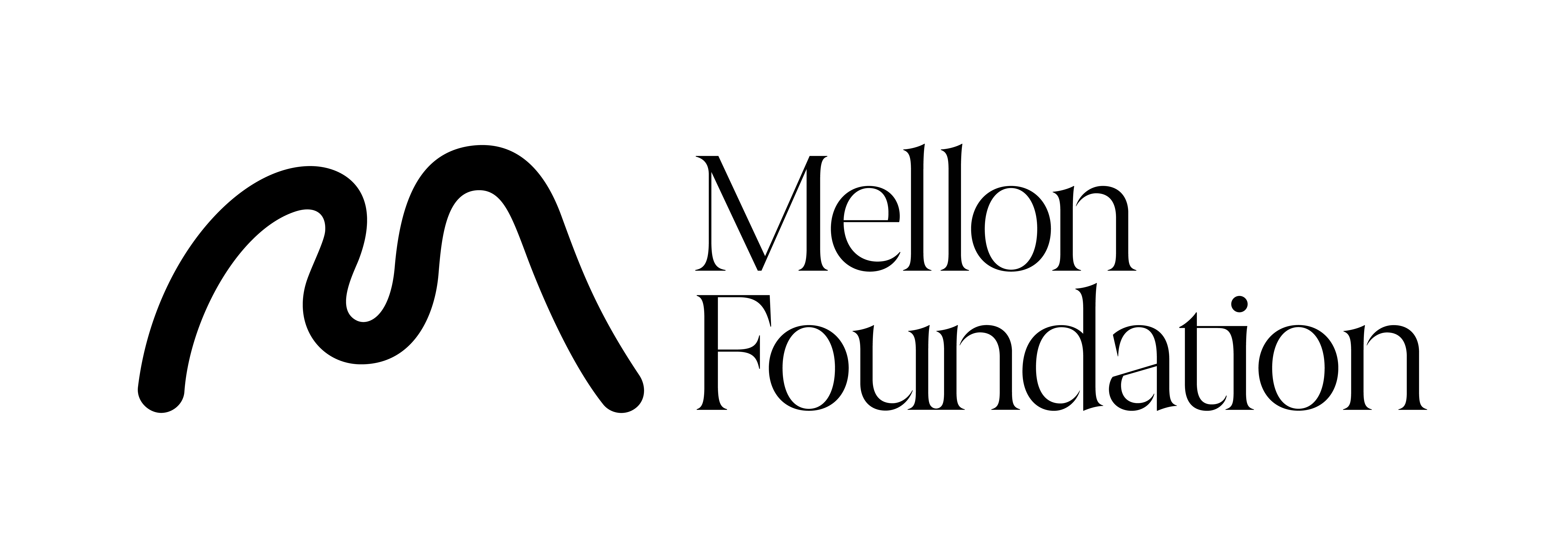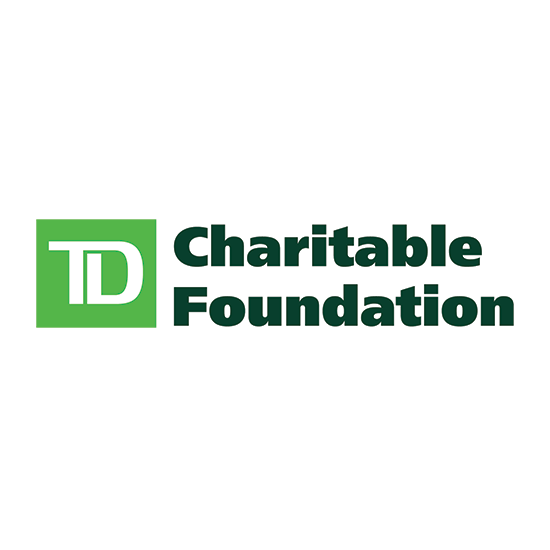Event - Tactile conversations: No Word for Art in our Language*: Artmaking Workshops with Denise Silva-Dennis (WeeTahMoe) and Jevijoe Vitug
Tactile conversations: No Word for Art in our Language*: Artmaking Workshops with Denise Silva-Dennis (WeeTahMoe) and Jevijoe Vitug
09.30.23, 2:00 pm – 4:30 pm
Images: Courtesy of the artists, left to right: Denise Silva-Dennis (WeeTahMoe) and Jevijoe Vitug
The Queens Museum is pleased to announce Tactile conversations: No Word for Art in our Language*, a workshop series that investigates practices of tactile making as ways of knowing and being in local Native and diasporic Indigenous practices. During each workshop of this series, two artists from different Indigenous backgrounds will be invited to lead concurrent drop-in artmaking activities where the materials and methods of making are in dialogue with one another. The public is invited to participate and experience a range of techniques for working by hand, while fostering informal conversation and exchange across Indigenous practices, languages, and forms of knowledge.
*The title of this series is referencing No Word for Art in Our Language? Old Questions, New Paradigms by Nancy Marie Mithlo
Please join us Sept 30th for the first workshop in the series, featuring conversation and artmaking activities by Denise Silva-Dennis (WeeTahMoe) and Jevijoe Vitug.
Registration is required. Please click here to RSVP for Sept 30.
More about the artmaking activities:
Denise Silva-Dennis (WeeTahMoe) will lead a Scallop Shell Necklace Workshop, informing the participants about the 13,000-year-old Sewanhacky (Island of Shells), now known as Long Island, before they create a necklace made from scallop shells, pony beads, bone, and sinew. Visitors will also learn about the waterways and other shells that make up the Island, like wampum, conch, jingle, and mussel. As we create, we will discuss ways of doing our part in keeping the environment healthy for all sea life.
Jevijoe Vitug will lead a 3D painting on bowl workshop that centers indigenous wisdom on supernatural vessels. Referencing the Manunggul Jar in the pre-colonial Philippines and the Socorro black-and-white jar with ancestral Puebloan origin, the workshop focuses on these sacred vessels, which are not just everyday functional containers but are believed to possess supernatural powers of the afterlife and ecological rebirth. Using 3D painting materials such as fluorescent crayons, markers, and paint on compostable paper bowls, the participants are encouraged to create patterns inspired by nature, like water and the sky. The finished work will then be illuminated using UV blacklight and 3D glasses to experience a supernatural world that we could never see with our naked eye.
More about the artists:
Denise Silva Dennis, Weetahmoe, (b.1960) (Shinnecock/ Hassanamisco-Nipmuc) is a multidisciplinary artist and educator based at the Shinnecock Nation in Southampton, New York. Denise graduated from Hamilton College, Clinton, N.Y. with a BA Degree in studio art and a minor in sociology. Permanently certified as a New York State teacher in both special education and art, her Special Education Master’s Degree is from Dowling College. Denise is currently the workshop coordinator/ beadwork instructor at Ma’s House, a BIPOC art center founded by her son Jeremy Dennis located at Shinnecock. Denise also presents her Shinnecock/Hassanamisco culture through her artwork which includes lifesize figurative paintings, outside historical murals, beadwork, regalia, talking sticks, dreamcatchers, and other artifacts when she visits schools, museums, and libraries. Denise’s artwork has been shown at Southampton Arts Center, Ma’s House ( February 2022 Artist-in Residence, Solo Show), Southampton African American Museum BIPOC Show, Long Island Museum at Stony Brook and The Long Island Children’s Museum at Garden City.In addition, Denise recently painted “Wunne Ohke-The Return to Good Ground,” a 2-story mural as a Parrish Art Museum, 2022 Road Show Artist.
Jevijoe Vitug is a Philippine-born visual artist and community collaborator whose work addresses perception in relation to the concepts of invisibility and visibility at the intersection of indigenous culture and contemporary digital culture. Vitug is a Kapampangan, a member of the indigenous Austronesian people of the northern Philippines, and retains his Kapampangan indigenous surname, Vitug, which is derived from the word Bitaog, a tree used for ancestral boat-building. Vitug earned his MFA from San Francisco Art Institute in 2015. His projects have been presented in various exhibitions, including Art Work: Artists Working at The Met, The Metropolitan Museum of Art (2022), Daydreamer’s Manifestation, Vargas Museum, Philippines (2019); S.T.E.P. at the Queens Museum (2018). Vitug is a recipient of several awards including the New York Foundation for the Arts’ City Artist Corps Grant (2021), Queens Arts Fund New Work Grant (2021, 2019) and has been an artist-in-residence at The Elizabeth Foundation for the Arts’ SHIFT (2022) and The Laundromat Project’s Create Change Program (2019)
This series is part of The Indigenous Practice Studio (IPS), a new initiative that is currently in development at the Queens Museum in partnership with artist and cultural consultant Tecumseh Ceaser. The Indigenous Practice Studio is an experimental program consisting of long-term research, continued learning, programming, and consultation and relationship building with local Native and diasporic Indigenous communities. The Queens Museum acknowledges its occupancy of unceded Indigenous lands and builds towards restorative and non-extractive ways of working with Indigenous artists and communities. IPS reflects the Queens Museum’s ongoing commitment to self-interrogation and recognizes its work as unfinished, with this effort as a starting point.
Supporters
The Indigenous Practice Studio is made possible with support from the Mellon Foundation, New York Community Trust and the TD Community Foundation.


